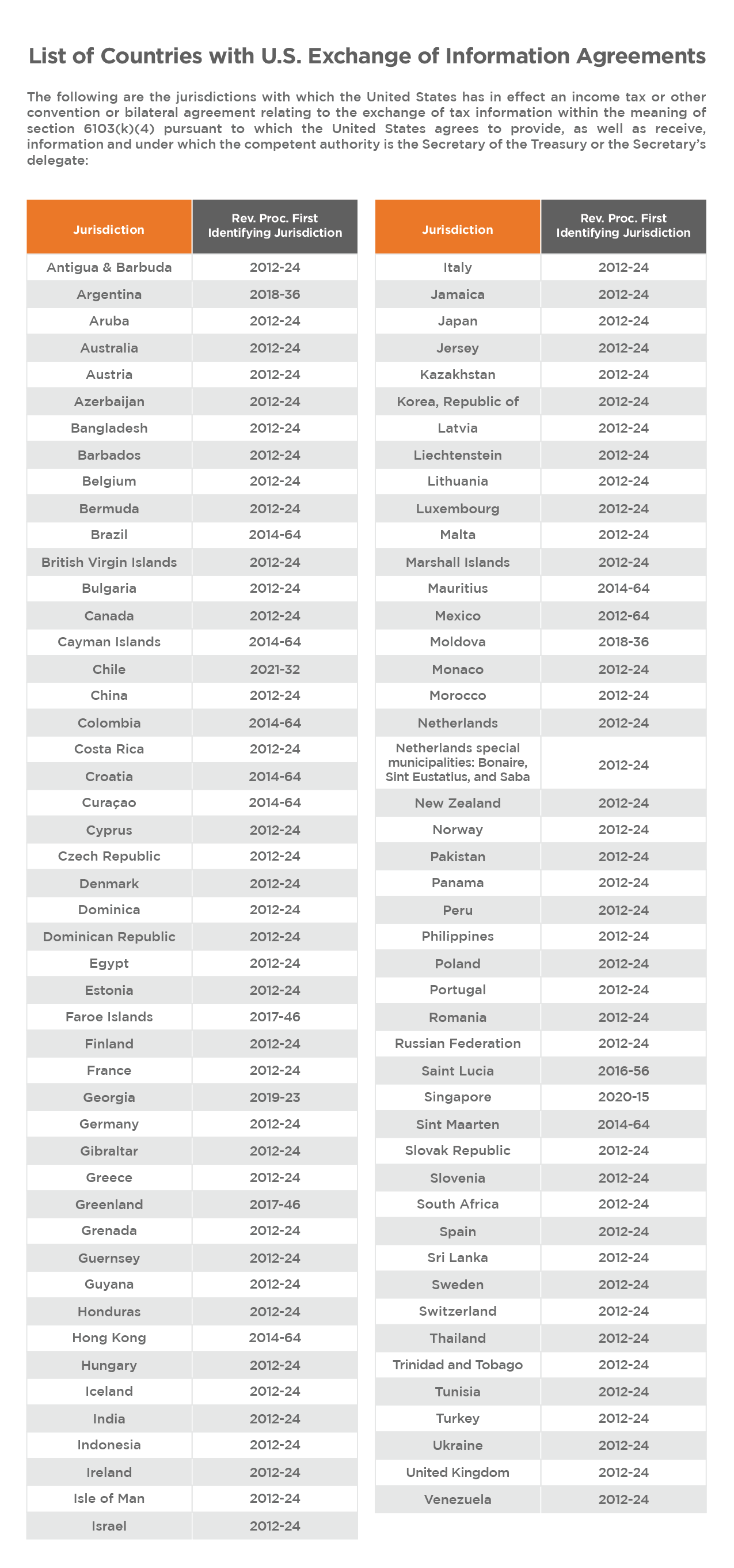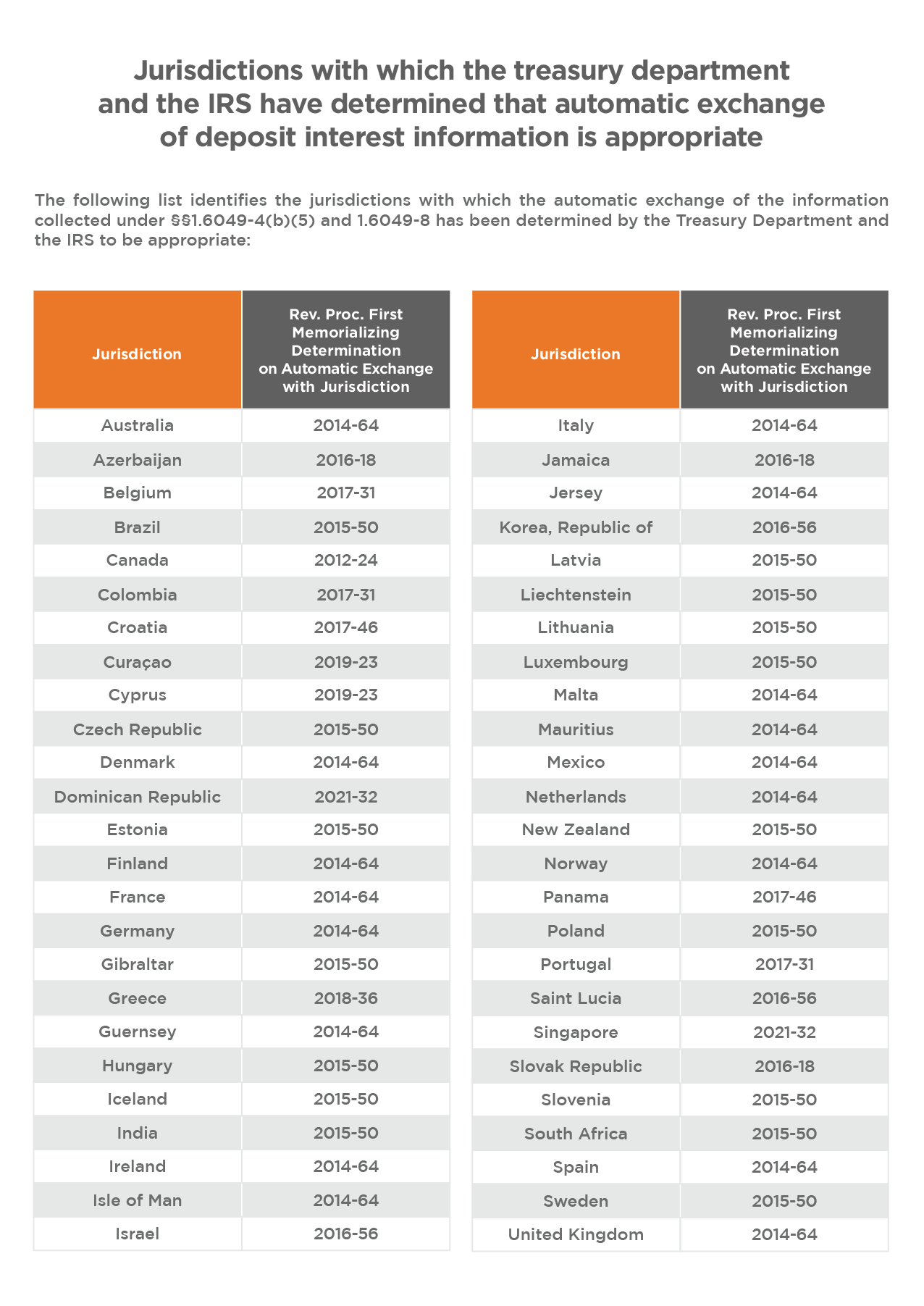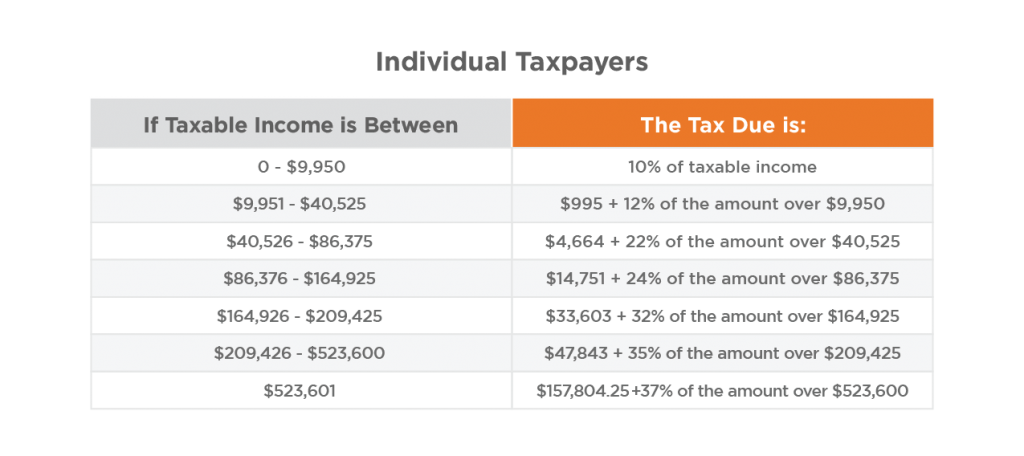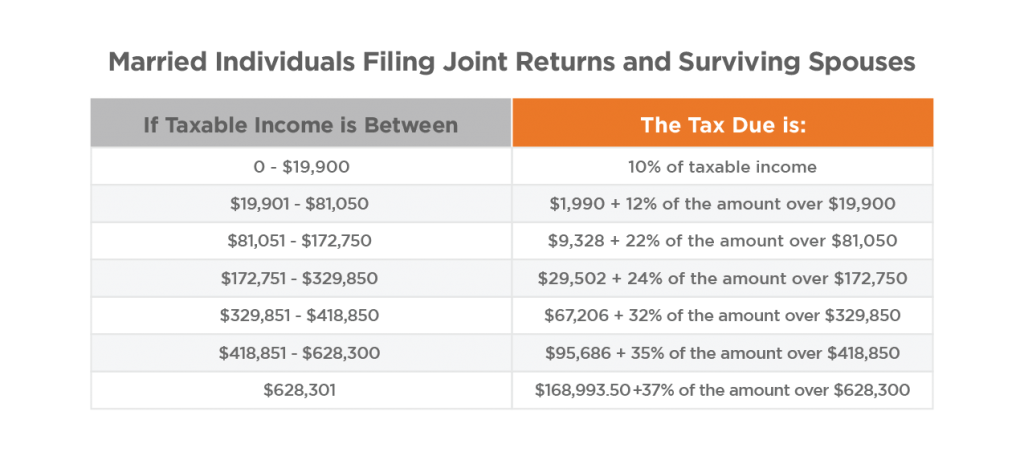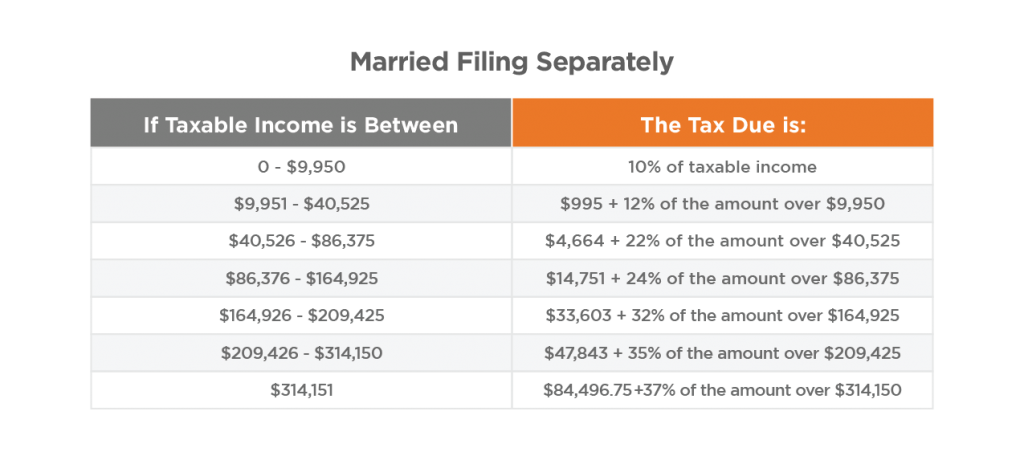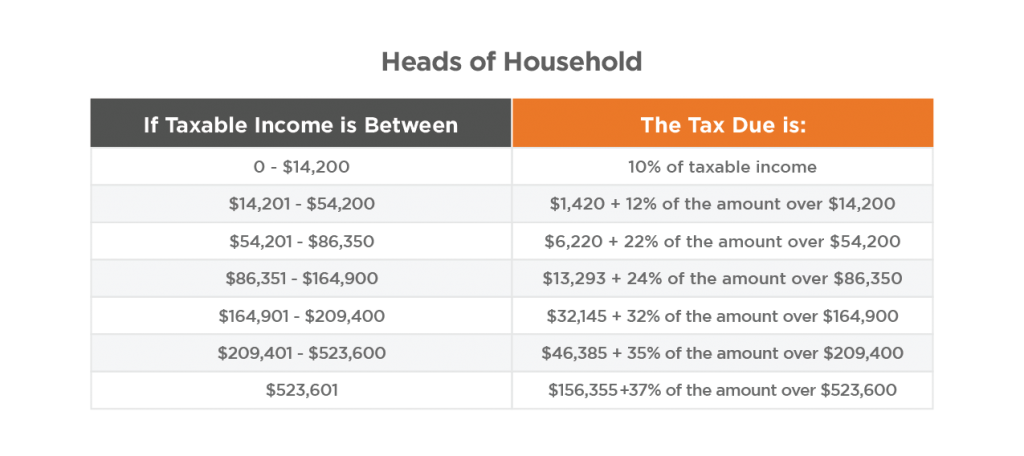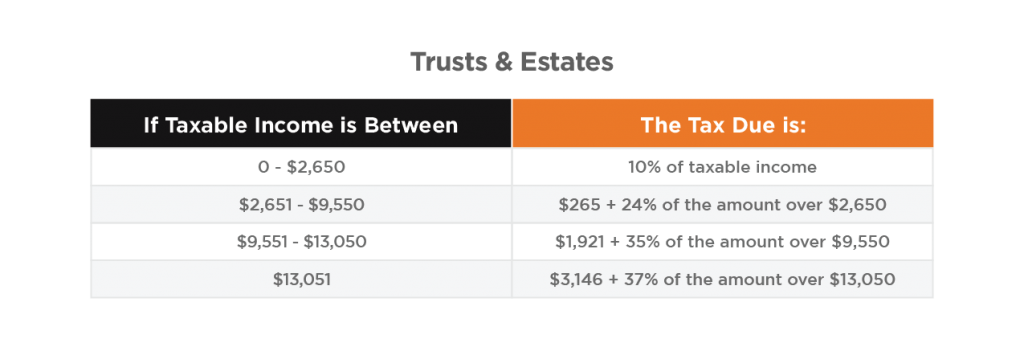In this post, I’ll explain why I believe Bermuda is the best jurisdiction for an international bank in 2024 and what’s required to build an international bank in Bermuda. This is a relatively new jurisdiction, with only one completed case as of this writing. But, I expect big things from Bermuda and for them to compete with Puerto Rico for the top spot in international bank licenses.
Bermuda Poised to Become Significant Financial Center with Coinbase and Jewel Bank
Bermuda is poised to become a significant financial center in the wake of the announcement that Coinbase, the largest cryptocurrency exchange in the world, is setting up a new office in the island nation. Coinbase’s decision to establish a presence in Bermuda is a major vote of confidence in the jurisdiction’s regulatory framework and its commitment to innovation.
In addition to Coinbase, Bermuda is also home to Jewel Bank, an international crypto bank that is licensed by the Bermuda Monetary Authority (BMA). Jewel Bank’s presence in Bermuda provides a safe and secure platform for institutional investors to access the cryptocurrency market.
The combination of Coinbase and Jewel Bank in Bermuda is a major development for the island nation and its financial services sector. These two companies represent the cutting edge of the cryptocurrency industry, and their presence in Bermuda will help to position the jurisdiction as a leading global hub for crypto finance.
Coinbase
Coinbase is a cryptocurrency exchange that was founded in 2012. The company is headquartered in San Francisco, California, and it has over 56 million users worldwide. Coinbase offers a variety of services, including the purchase, sale, and storage of cryptocurrencies.
In January 2023, Coinbase announced that it would be opening a new office in Bermuda and received the license in April of 2023. The office will be staffed by a team of engineers, compliance professionals, and customer support staff. Coinbase’s decision to establish a presence in Bermuda is a major vote of confidence in the jurisdiction’s regulatory framework and its commitment to innovation.
Jewel Bank
Jewel Bank is an international crypto bank that was founded in 2018. The company is headquartered in Bermuda, and it is licensed by the BMA. Jewel Bank offers a variety of services, including the custody of cryptocurrencies, the issuance of crypto-backed loans, and the provision of crypto-related investment products.
Jewel Bank’s presence in Bermuda provides a safe and secure platform for institutional investors to access the cryptocurrency market. The company’s custody services are regulated by the BMA, and its crypto-backed loans are backed by physical gold. Jewel Bank’s investment products are designed to provide exposure to the cryptocurrency market without the need to hold cryptocurrencies directly.
The Future of Finance in Bermuda
The combination of Coinbase and Jewel Bank in Bermuda is a major development for the island nation and its financial services sector. These two companies represent the cutting edge of the cryptocurrency industry, and their presence in Bermuda will help to position the jurisdiction as a leading global hub for crypto finance.
Bermuda has a number of advantages that make it an attractive destination for crypto businesses. The jurisdiction has a stable political environment, a strong legal system, and a well-developed financial infrastructure. Bermuda is also a member of the Financial Action Task Force (FATF), which is an international organization that sets standards for combating money laundering and terrorist financing.
The arrival of Coinbase and Jewel Bank in Bermuda is a major step forward for the jurisdiction’s financial services sector. These two companies will help to attract other crypto businesses to Bermuda, and they will help to position the jurisdiction as a leading global hub for crypto finance.
Bermuda: An Excellent Jurisdiction to Set Up an International Bank
Bermuda is a British Overseas Territory located in the Atlantic Ocean. It is a popular destination for international businesses, including banks. The Bermuda Monetary Authority (BMA) is the regulatory body for banks in Bermuda.
There are several reasons why Bermuda is an excellent jurisdiction to set up an international bank. These include:
- Stable and politically independent jurisdiction
Bermuda is a stable and politically independent jurisdiction. It has a long history of democracy and rule of law. This makes it a safe and secure place to do business.
Bermuda has a strong legal system based on English common law. This provides businesses with a high level of legal certainty.
- Well-developed financial infrastructure
Bermuda has a well-developed financial infrastructure. This includes a sophisticated payments system, a deep pool of capital, and a highly skilled workforce.
- Member of the Financial Action Task Force (FATF)
Bermuda is a member of the Financial Action Task Force (FATF), which is an international organization that sets standards for combating money laundering and terrorist financing. This demonstrates Bermuda’s commitment to fighting financial crime.
Bermuda has a low tax rate. This can save businesses money on their tax expenses.
- Professional and experienced regulator
The BMA is a professional and experienced regulator. It is committed to ensuring that banks in Bermuda are safe and sound.
Overall, Bermuda is an excellent jurisdiction to set up an international bank. It offers a number of advantages, including a stable political environment, a strong legal system, a well-developed financial infrastructure, and a low tax rate.
Requirements to Set Up a Bank in Bermuda
Bermuda is a British Overseas Territory located in the Atlantic Ocean. It is a popular destination for international businesses, including banks. The Bermuda Monetary Authority (BMA) is the regulatory body for banks in Bermuda.
To set up a bank in Bermuda, you must meet the following requirements:
- You must be a company incorporated in Bermuda.
- You must have a minimum paid-up capital of $10 million.
- You must have a board of directors that is composed of at least three Bermudian citizens or residents.
- You must have a management team that has experience in the banking industry.
- You must submit an application to the BMA and meet all of the BMA’s requirements.
The application process for a bank license in Bermuda can take several months. The BMA will review your application and conduct an on-site inspection of your proposed bank. If the BMA approves your application, you will be granted a bank license.
Once you have a bank license, you can begin operating your bank in Bermuda. You will be subject to the BMA’s regulations and supervision. The BMA is responsible for ensuring that banks in Bermuda are safe and sound.
If you are considering setting up a bank, Bermuda is a good option to consider. The BMA is a professional and experienced regulator, and Bermuda offers a number of benefits for businesses. You’ll find it an excellent alternative to Puerto Rico.
Contact Information
For more information about setting up a bank in Bermuda, you can review the Bermuda Monetary Authority website at: https://www.bma.bm/. We will be happy to assist you to form an international bank in Bermuda. For more information, please contact me at info@premieroffshore.com.
In this post, I’ll explain why I believe Bermuda is the best jurisdiction for an international bank in 2024 and what’s required to build an international bank in Bermuda. This is a relatively new jurisdiction, with only one completed case as of this writing. But, I expect big things from Bermuda and for them to compete with Puerto Rico for the top spot in international bank licenses.
Bermuda Poised to Become Significant Financial Center with Coinbase and Jewel Bank
Bermuda is poised to become a significant financial center in the wake of the announcement that Coinbase, the largest cryptocurrency exchange in the world, is setting up a new office in the island nation. Coinbase’s decision to establish a presence in Bermuda is a major vote of confidence in the jurisdiction’s regulatory framework and its commitment to innovation.
In addition to Coinbase, Bermuda is also home to Jewel Bank, an international crypto bank that is licensed by the Bermuda Monetary Authority (BMA). Jewel Bank’s presence in Bermuda provides a safe and secure platform for institutional investors to access the cryptocurrency market.
The combination of Coinbase and Jewel Bank in Bermuda is a major development for the island nation and its financial services sector. These two companies represent the cutting edge of the cryptocurrency industry, and their presence in Bermuda will help to position the jurisdiction as a leading global hub for crypto finance.
Coinbase
Coinbase is a cryptocurrency exchange that was founded in 2012. The company is headquartered in San Francisco, California, and it has over 56 million users worldwide. Coinbase offers a variety of services, including the purchase, sale, and storage of cryptocurrencies.
In January 2023, Coinbase announced that it would be opening a new office in Bermuda and received the license in April of 2023. The office will be staffed by a team of engineers, compliance professionals, and customer support staff. Coinbase’s decision to establish a presence in Bermuda is a major vote of confidence in the jurisdiction’s regulatory framework and its commitment to innovation.
Jewel Bank
Jewel Bank is an international crypto bank that was founded in 2018. The company is headquartered in Bermuda, and it is licensed by the BMA. Jewel Bank offers a variety of services, including the custody of cryptocurrencies, the issuance of crypto-backed loans, and the provision of crypto-related investment products.
Jewel Bank’s presence in Bermuda provides a safe and secure platform for institutional investors to access the cryptocurrency market. The company’s custody services are regulated by the BMA, and its crypto-backed loans are backed by physical gold. Jewel Bank’s investment products are designed to provide exposure to the cryptocurrency market without the need to hold cryptocurrencies directly.
The Future of Finance in Bermuda
The combination of Coinbase and Jewel Bank in Bermuda is a major development for the island nation and its financial services sector. These two companies represent the cutting edge of the cryptocurrency industry, and their presence in Bermuda will help to position the jurisdiction as a leading global hub for crypto finance.
Bermuda has a number of advantages that make it an attractive destination for crypto businesses. The jurisdiction has a stable political environment, a strong legal system, and a well-developed financial infrastructure. Bermuda is also a member of the Financial Action Task Force (FATF), which is an international organization that sets standards for combating money laundering and terrorist financing.
The arrival of Coinbase and Jewel Bank in Bermuda is a major step forward for the jurisdiction’s financial services sector. These two companies will help to attract other crypto businesses to Bermuda, and they will help to position the jurisdiction as a leading global hub for crypto finance.
Bermuda: An Excellent Jurisdiction to Set Up an International Bank
Bermuda is a British Overseas Territory located in the Atlantic Ocean. It is a popular destination for international businesses, including banks. The Bermuda Monetary Authority (BMA) is the regulatory body for banks in Bermuda.
There are several reasons why Bermuda is an excellent jurisdiction to set up an international bank. These include:
- Stable and politically independent jurisdiction
Bermuda is a stable and politically independent jurisdiction. It has a long history of democracy and rule of law. This makes it a safe and secure place to do business.
Bermuda has a strong legal system based on English common law. This provides businesses with a high level of legal certainty.
- Well-developed financial infrastructure
Bermuda has a well-developed financial infrastructure. This includes a sophisticated payments system, a deep pool of capital, and a highly skilled workforce.
- Member of the Financial Action Task Force (FATF)
Bermuda is a member of the Financial Action Task Force (FATF), which is an international organization that sets standards for combating money laundering and terrorist financing. This demonstrates Bermuda’s commitment to fighting financial crime.
Bermuda has a low tax rate. This can save businesses money on their tax expenses.
- Professional and experienced regulator
The BMA is a professional and experienced regulator. It is committed to ensuring that banks in Bermuda are safe and sound.
Overall, Bermuda is an excellent jurisdiction to set up an international bank. It offers a number of advantages, including a stable political environment, a strong legal system, a well-developed financial infrastructure, and a low tax rate.
Requirements to Set Up a Bank in Bermuda
Bermuda is a British Overseas Territory located in the Atlantic Ocean. It is a popular destination for international businesses, including banks. The Bermuda Monetary Authority (BMA) is the regulatory body for banks in Bermuda.
To set up a bank in Bermuda, you must meet the following requirements:
- You must be a company incorporated in Bermuda.
- You must have a minimum paid-up capital of $10 million.
- You must have a board of directors that is composed of at least three Bermudian citizens or residents.
- You must have a management team that has experience in the banking industry.
- You must submit an application to the BMA and meet all of the BMA’s requirements.
The application process for a bank license in Bermuda can take several months. The BMA will review your application and conduct an on-site inspection of your proposed bank. If the BMA approves your application, you will be granted a bank license.
Once you have a bank license, you can begin operating your bank in Bermuda. You will be subject to the BMA’s regulations and supervision. The BMA is responsible for ensuring that banks in Bermuda are safe and sound.
If you are considering setting up a bank, Bermuda is a good option to consider. The BMA is a professional and experienced regulator, and Bermuda offers a number of benefits for businesses. You’ll find it an excellent alternative to Puerto Rico.
Contact Information
For more information about setting up a bank in Bermuda, you can review the Bermuda Monetary Authority website at: https://www.bma.bm/. We will be happy to assist you to form an international bank in Bermuda. For more information, please contact me at info@premieroffshore.com.

